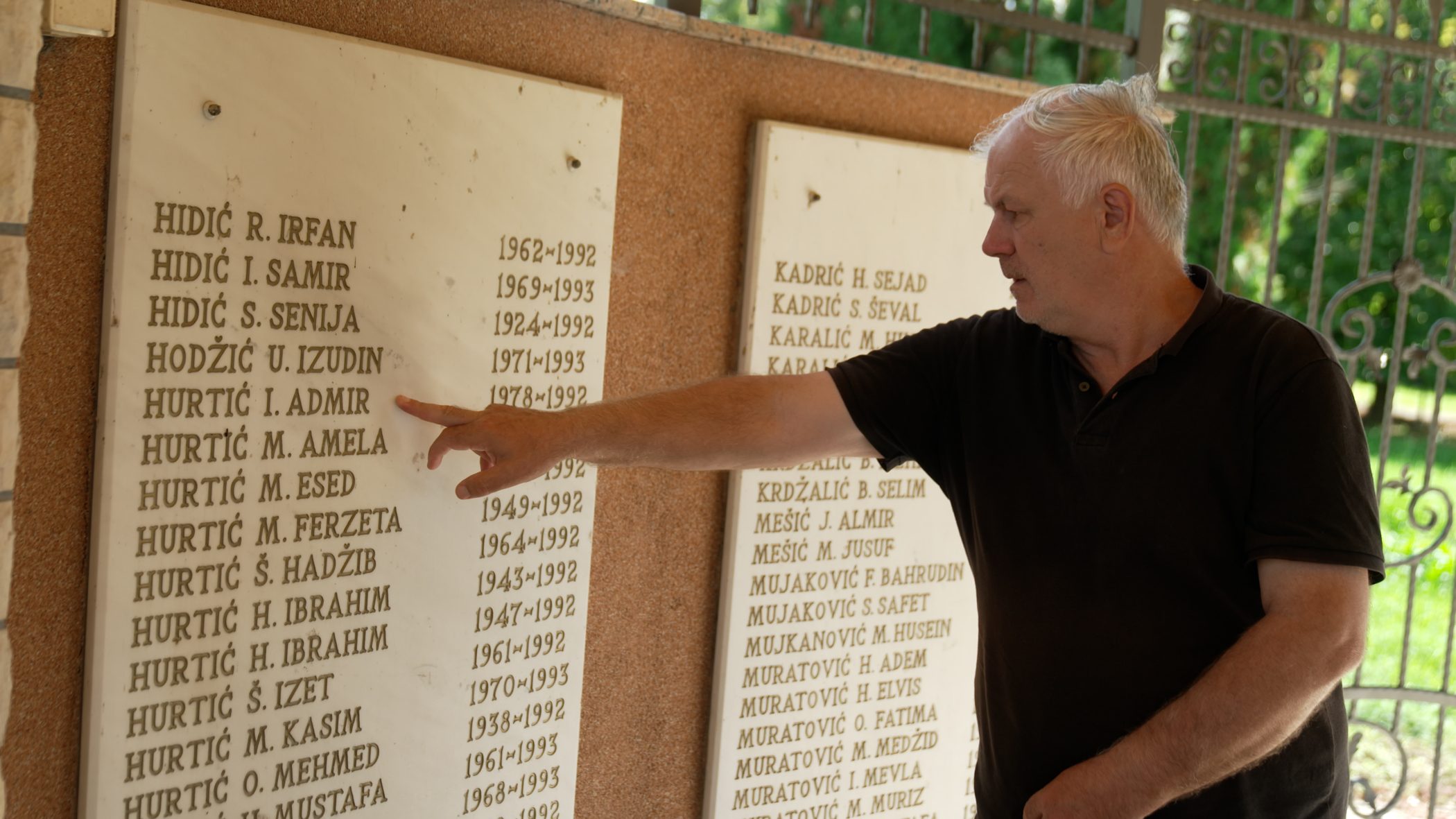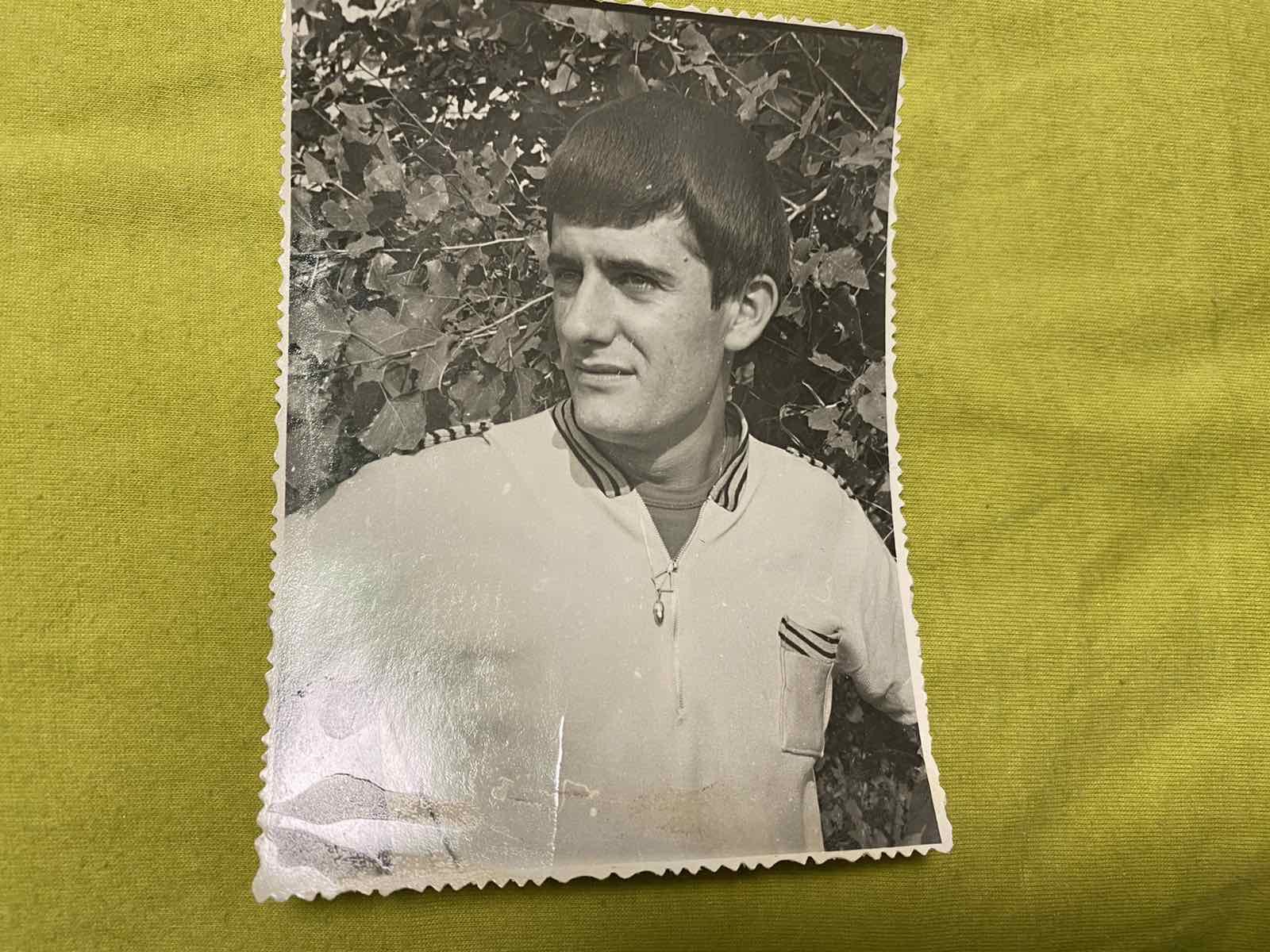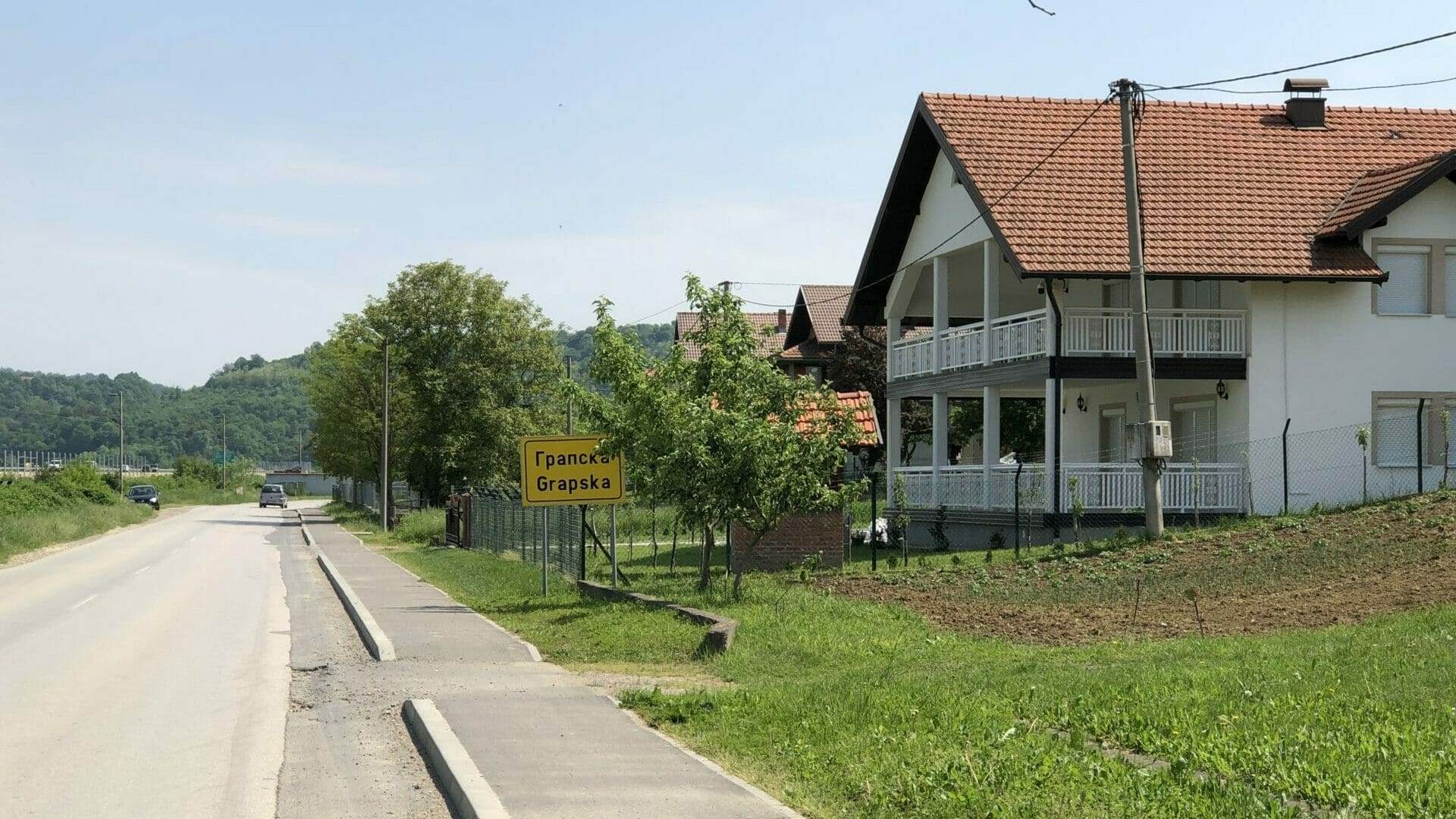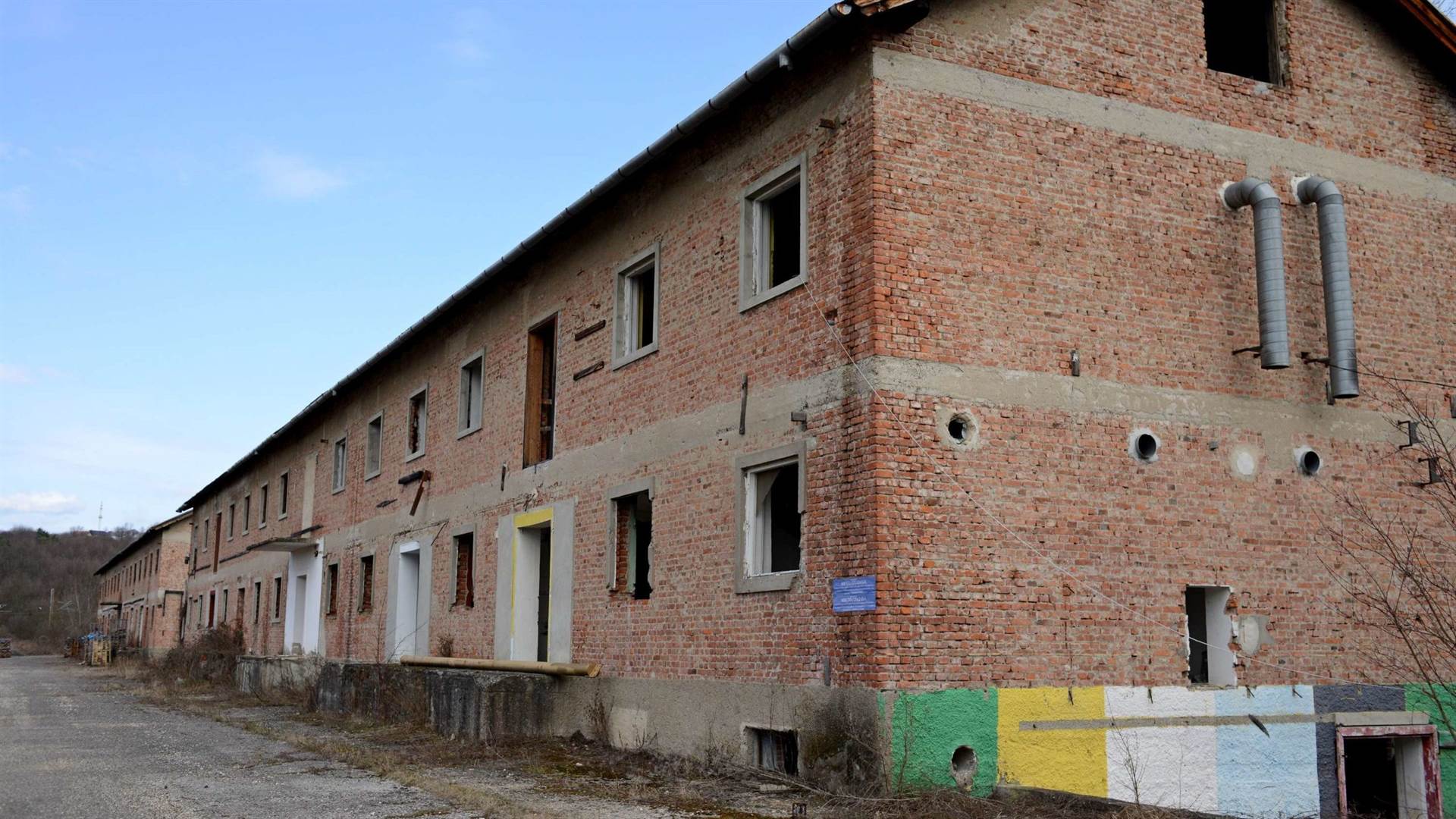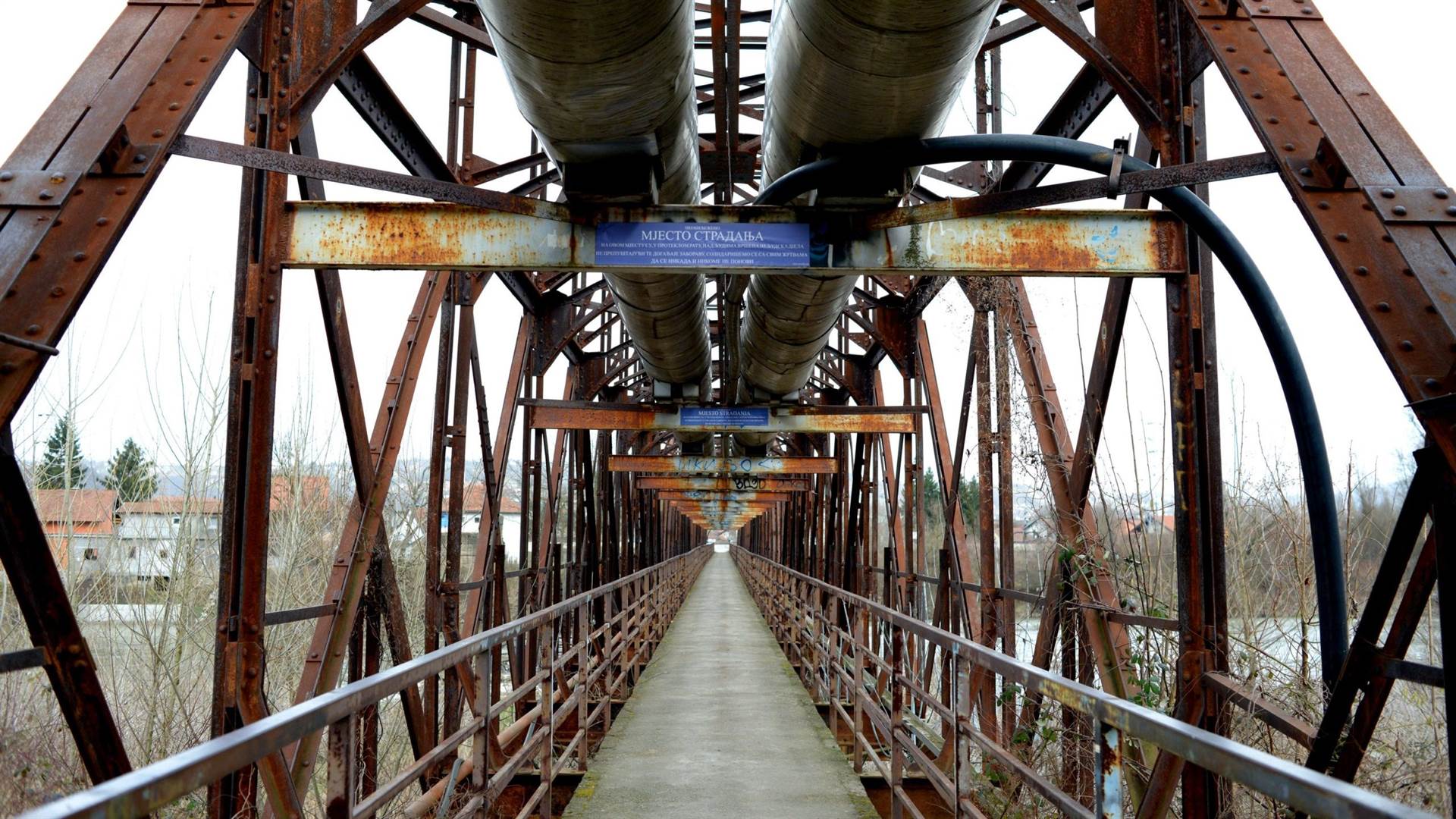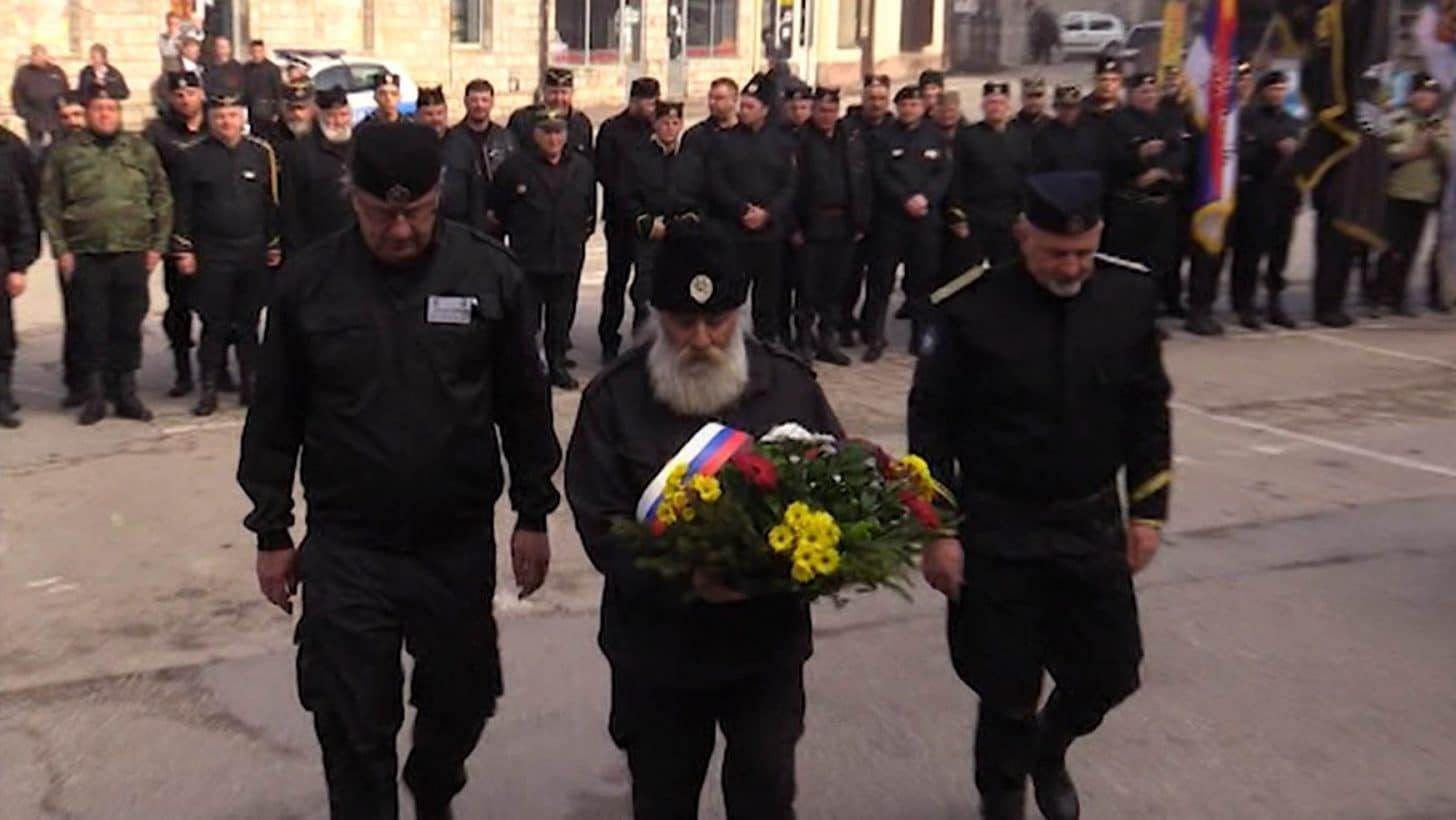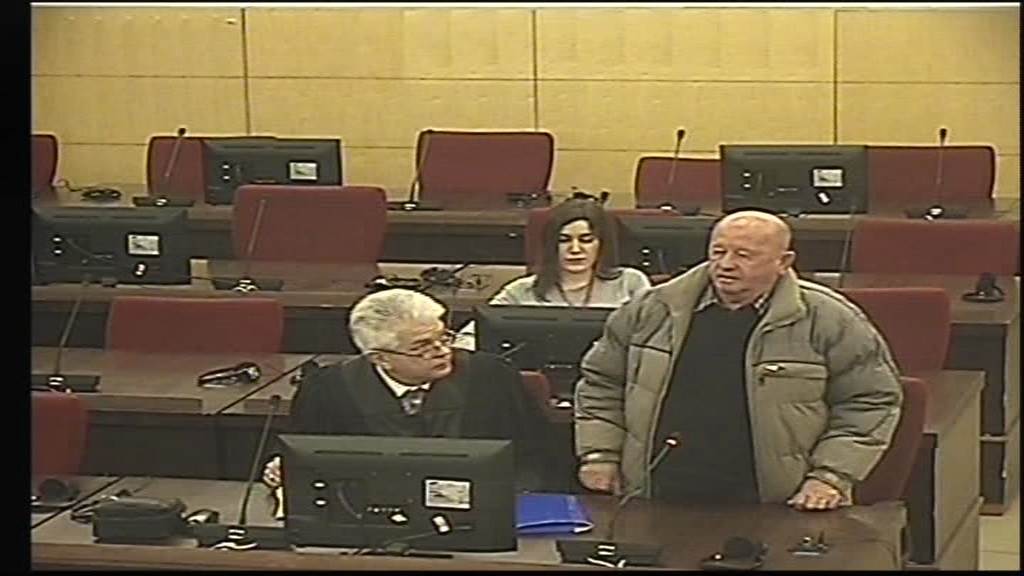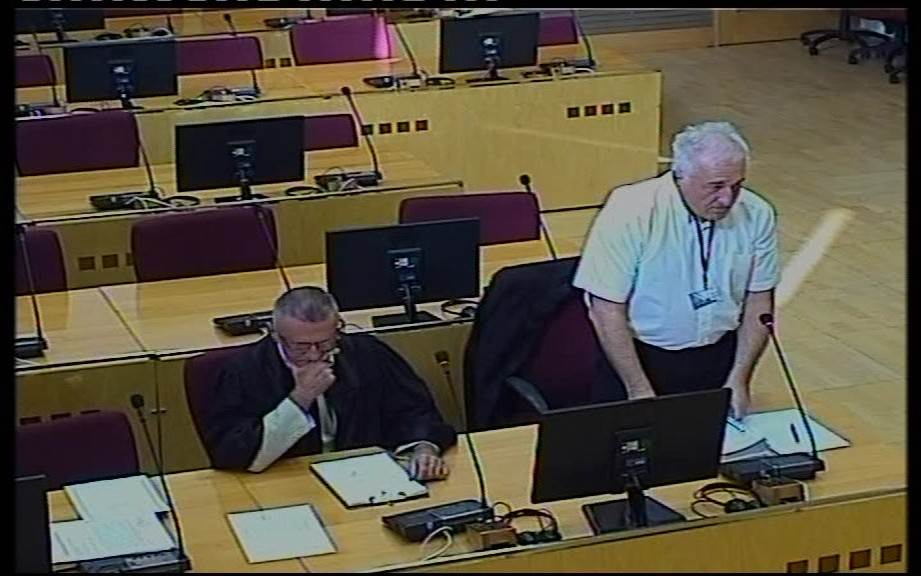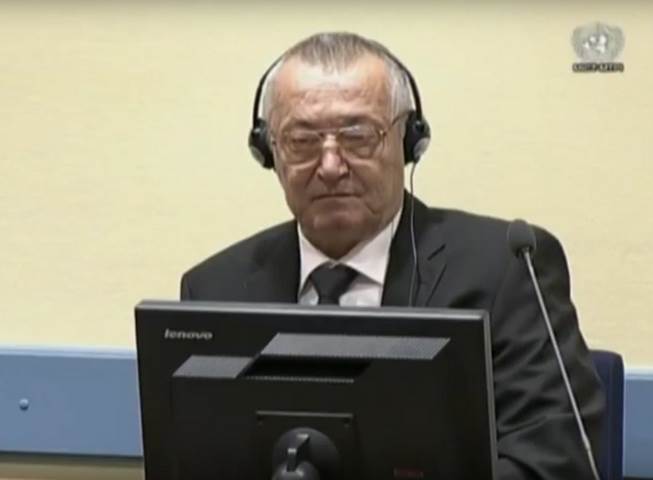For over three decades, villagers in Grapska near Doboj have been searching for the remains of more than 30 people who were killed during the 1990s war, including two minors...
At the start of the Bosnian war, Albanians’ shops were attacked in the city of Doboj and Fadila Huduti’s husband was seized by Serb forces. When she read that a...
Predrag Kujundzic, the wartime commander of the Predini Vukovi (Predo’s Wolves) unit, who was serving a 17-year sentence for the persecution, rape and unlawful detention of civilians, died in hospital...
A group of activists put up temporary memorial signs to mark former detention centres at schools, industrial buildings and a nightclub where prisoners were held during the Bosnian war in...
Peace activists have installed plaques at sites where people were killed or imprisoned during the 1992-95 Bosnian war in the Zenica, Doboj and Zepce areas.
In the first of BIRN Bosnia’s Forgotten Victims series, Bosniaks who survived the execution of prisoners on a bridge near Doboj in 1992 express outrage that no one has yet...
Slobodan Karagic’s 12-year prison sentence for war crimes against civilians in the Doboj area in 1992, including the rape of minors and the unlawful arrests of Bosniaks, was upheld on...
Former Serbian State Security Service official Franko Simatovic’s lawyer told the UN court that the service had nothing to do with wartime violence in Bosnian municipalities which Serb forces took...
